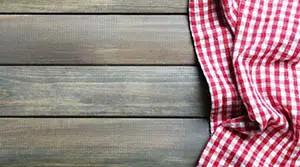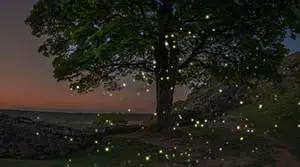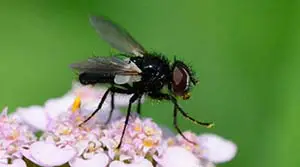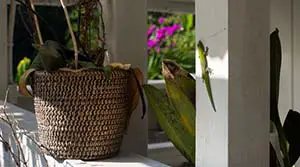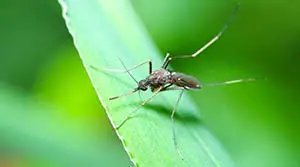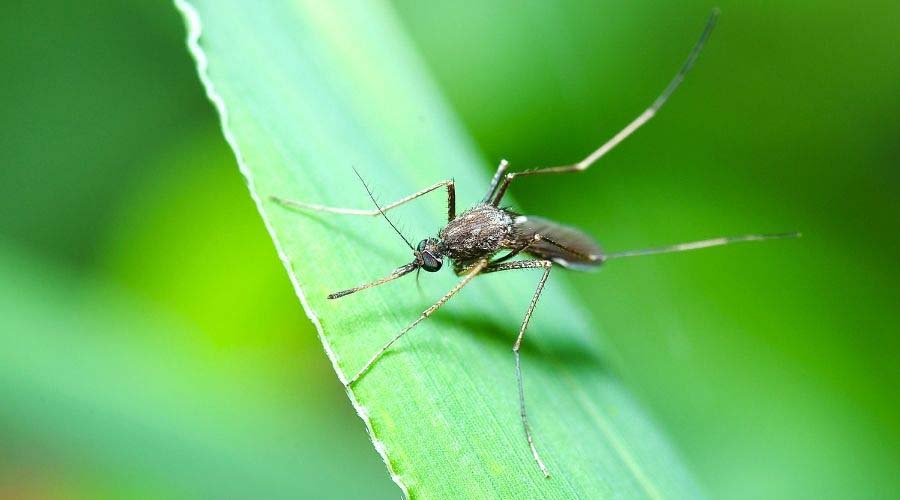
They’re tiny, annoying; they’ll leave you with itchy bumps and interrupt your sleep. In the worst-case scenario, they might give you malaria and other diseases. These 0.4 inches long buzzing nasties are one of the world’s worst killers.
Mosquitoes kill over one million people globally through dengue, West Nile virus, chikungunya, yellow fever, and Zika. It would help if you kept them off your yard and home.
Keeping mosquitoes from your home could be as simple as a bit of yard gardening. These 12 plants will look good in your yard, and they might keep away mosquitoes.
- Ageratum
- Citronella Grass
- Lavender
- Lemon Basil
- Lemon Thyme
- Peppermint
- Rosemary
- Beebalm
- Pennyroyal
- Sage
- American beautyberry
- Allium (garlic and onions)
We’ll break down each of these plants and how you can use them to keep your home mosquito-free.
What Plants Repel Mosquitos from Your Yard?
Here are some best plants that can help repel mosquitoes from your home.
1. Ageratum
Ageratum is a purple-flowered low-growing beauty favorite with bees and hummingbirds. It’s a common raw ingredient in commercial insecticides because of its high concentration in coumarin.
Don’t let the wispy appearance of the ageratum’s puffy flowers fool you. Coumarin is a death knell on mosquito larvae. This plant is so effective as a yard mosquito repellent because it does well in the sun and the shade.
It is also a magnet for pollinators.
As a precaution, grow it on the edge of your yard, where it’s out of range for you, your kids, and your pets. It’s toxic to humans and pets if they ingest it. It will also irritate your skin.
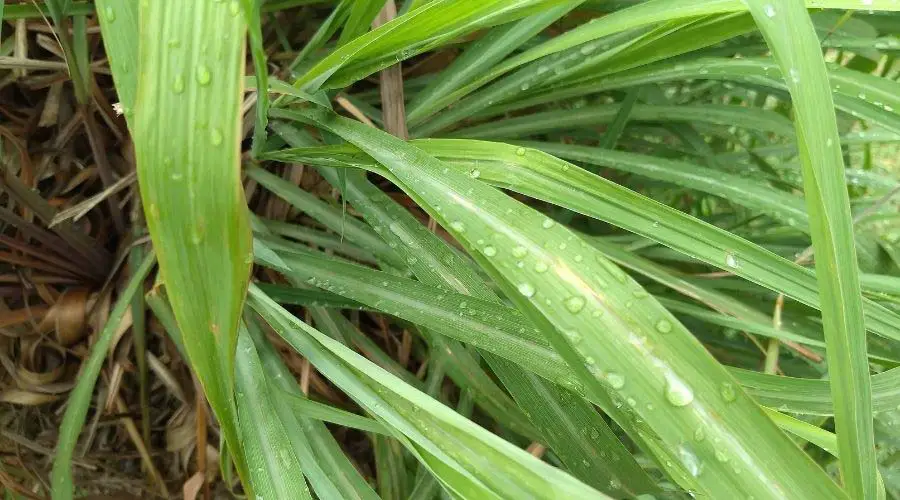
2. Citronella Grass
Here’s one that you may be fond of. Citronella grass, also known as lemongrass, has a sweet aroma. It features heavily in teas and Asian cuisine.
Most experts say you should keep your yard grass short to reduce mosquitoes. However, you’ll want this lush green beauty to grow long and green.
It contains citral. Citral is a critical ingredient in some mosquito repellents. Citronella grass has one of the most fragrant scents of all citronella plants. The fragrance is what makes it highly effective as a repellent.
Citronella grass is a drought-hardy plant. It does well in the sun. You can grow it directly in the ground or giant planters.
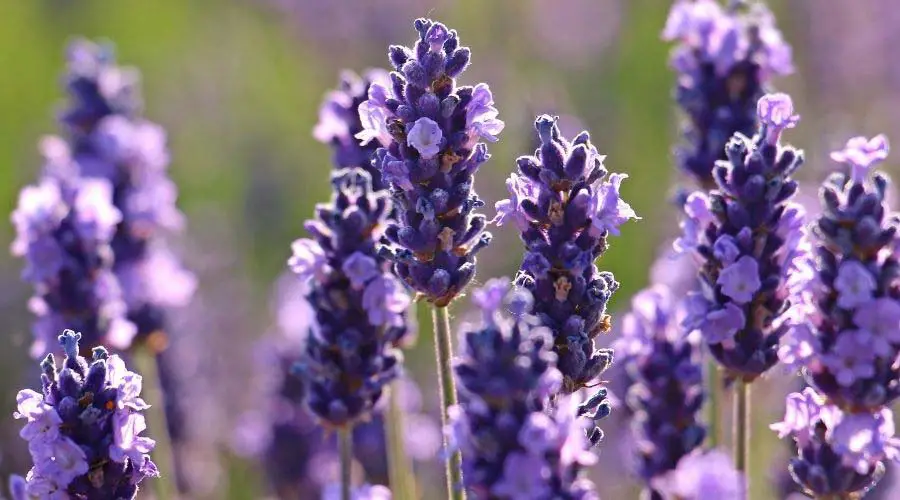
3. Lavender
Lavender is a lovely scent in homes. Some people take it as tea, diffuse the oil, and burn lavender-scented candles for the calming effects.
However, mosquitoes don’t like this sweet-smelling garden plant. Lavender doesn’t just smell foul to mosquitoes. It also hinders their sense of smell.
Growing lavender in your garden won’t only keep the mosquitoes at bay. It is effective against:
- Bed bugs
- Moths
- Spiders
- Flies
- Fleas
Lavender has many varieties. It does terrific in warm and hot climates for a heavenly scent since it’s drought-resistant.
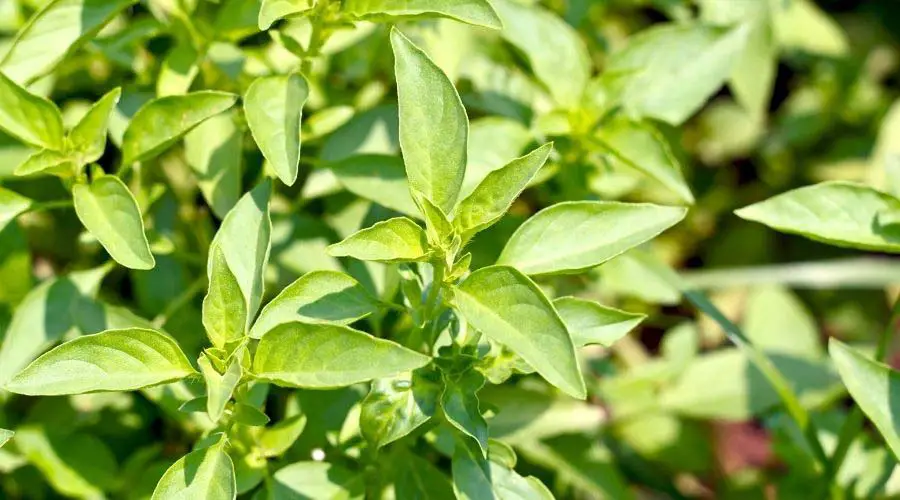
4. Lemon Basil
Lemon basil is a hybrid of regular basil and American basil. It has a robust lemon scent, making it a popular feature in some foods. You can find it in pestos and sauces.
Lemon basil is one of the plants on this list that might repel mosquitoes just as it is. You won’t need to crush it to make it effective.
You’d need to apply fertilizer to lemon basil if you want to get all its benefit as a food flavor and an insect repellent. It grows best in warmer climates.
Although it’s a hardy plant, it requires lots of attention. It’s a fast grower, making it one of the best yard plants to repel mosquitoes.
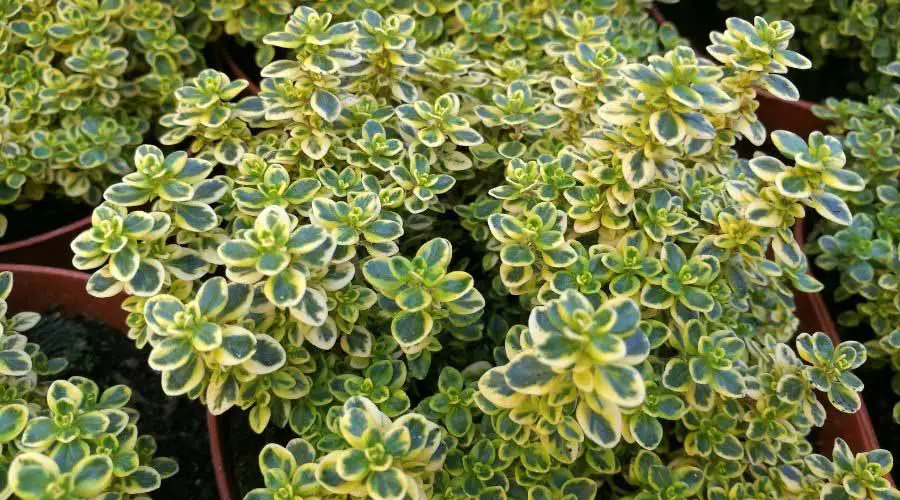
5. Lemon Thyme
Not to be confused with either lemon or thyme, lemon thyme is a garden plant you can grow for its repellent capabilities.
Lemon thyme grows super adaptable in various environments, performing well in most soils. It thrives in the sun and could do exceptionally well in a rock garden. As a bonus, it also attracts pollinators such as bees.
The only limitation to growing lemon thyme as a repellent is that you would have to crush the leaves to unleash their full potential. The bruised leaves unlock chemical power more potent than DEET.
Note: Thyme oil is a skin irritant. Rub a dollop of the sap on a small section of your skin to find out if it triggers an allergic reaction.
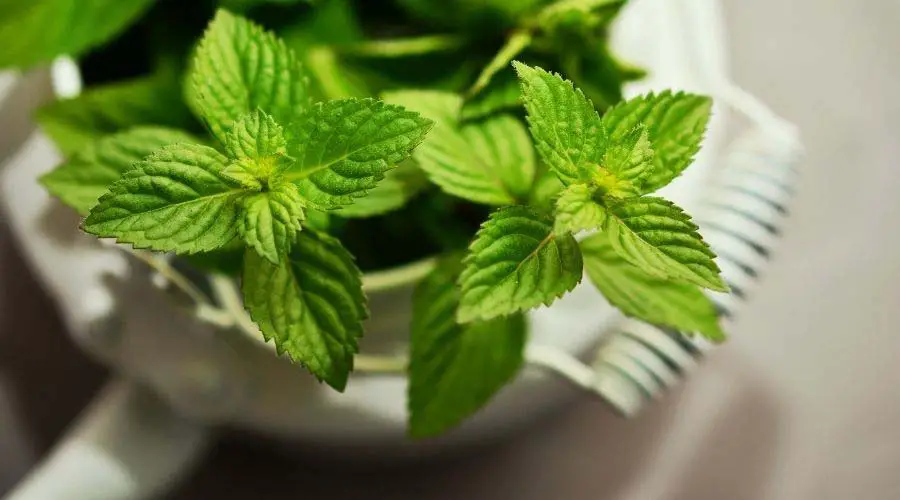
6. Peppermint
It’s excellent for teas, cocktails, and mosquito bite relief. Is there anything that peppermint won’t do? Mosquitoes can’t stand peppermint.
If mosquitoes make it past the peppermint and manage to bite you, you can crush a few leaves and rub on the itchy spot for quick relief.
Crush some leaves and leave them in puddles to kill mosquito larvae. As a bonus, it keeps spiders at bay, too.
However, peppermint grows super fast. It can overrun your yard if you don’t tend to it. The best conditions to increase peppermint are in damp soil and full sun. Plant it in pots to limit its growth.
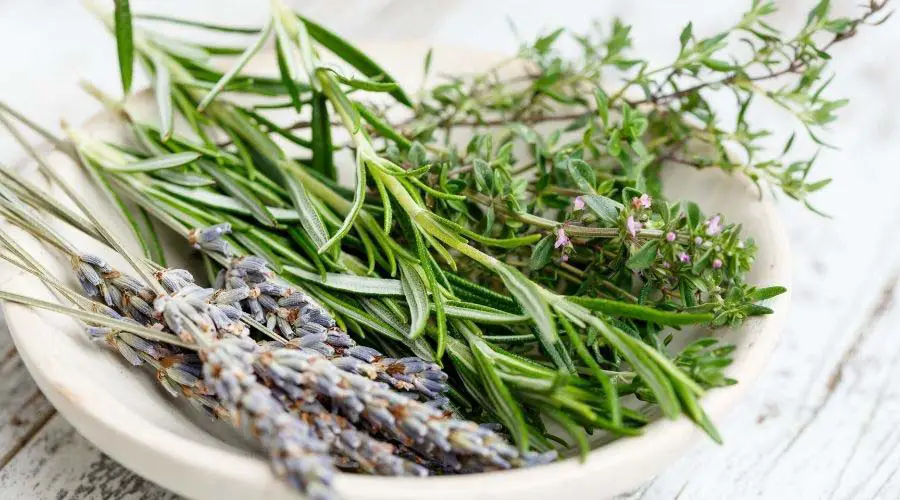
7. Rosemary
If you have a vegetable garden, make some space for rosemary. It has a woody scent to stop vegetable bugs and flies in their tracks.
Throw a bundle of it in a smoker and watch your yard be mosquito-free for a while. You can use it to fence your cabbage patch or carrot garden to keep cabbage moths and carrot flies from attacking your crop.
Still, it’s effective even in its natural state. Also, you can extract its oil and use it indoors as a topical repellent on your skin.
Rosemary thrives in the sun as a border plant or a decorative plant.
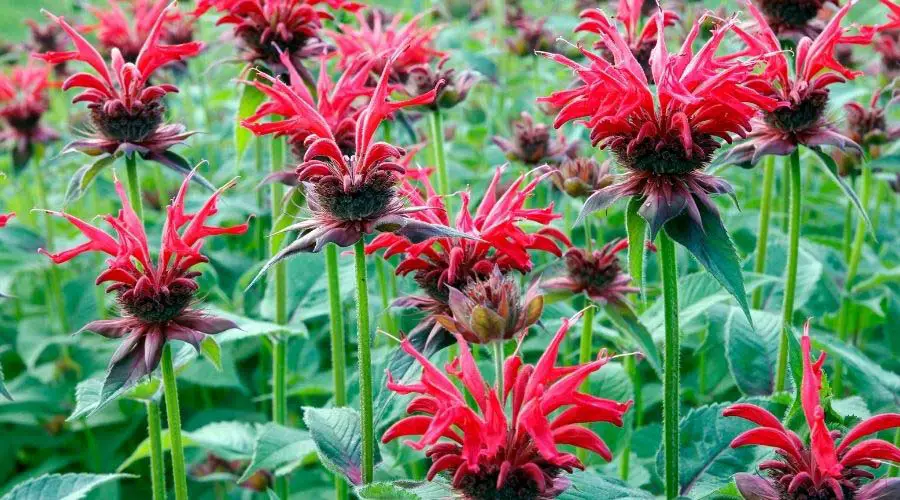
8. Bee Balm (Bergamont)
What do perfumers, bees, and butterflies have in common? They all love the scent of wild bergamot, also known as bee balm.
It must be the many colors of the Bee Balm’s flowers that attract bees and butterflies. However, it’s the powerful minty fragrance that keeps mosquitoes off your yard.
If you want to make good use of it, crush the leaves and extract the oil. Apply it on your skin. You can dry it out and make tea for fungal infections.
Grow it in partial shade and ensure it’s in moist soil.
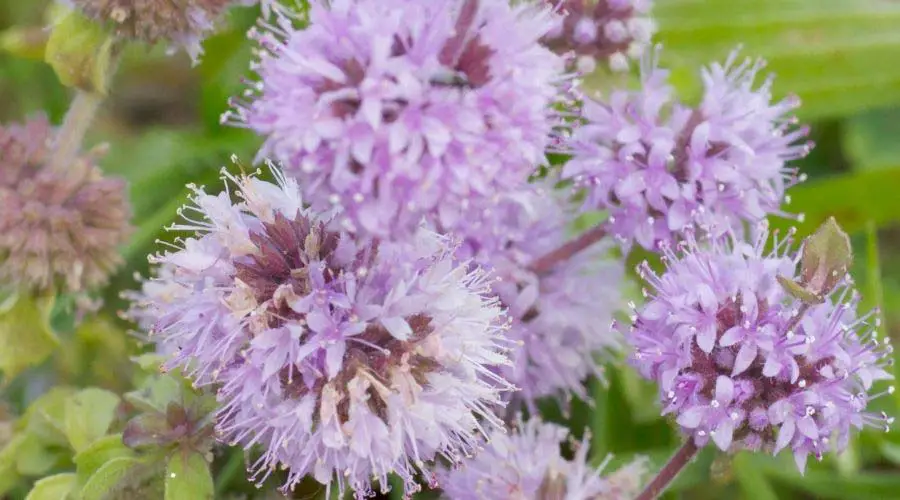
9. Pennyroyal
It seems like mosquitoes, and purple-flowered plants with a hint of mint scent don’t mix. Pennyroyal emits a smell that scatters mosquitoes, flies, and fleas. It might be toxic to humans, but pennyroyal does exceptionally well as a doorframe decorative plant.
Here’s something you can try on your night out in the woods or a small backyard bonfire. Crush some pennyroyal leaves. Please put them in your pocket and have a mosquito-free night.
Also, throw in a few of its leaves in a smoker and watch mosquitoes scatter. As a bonus, you might get a few more butterflies in your yard. Win-win.
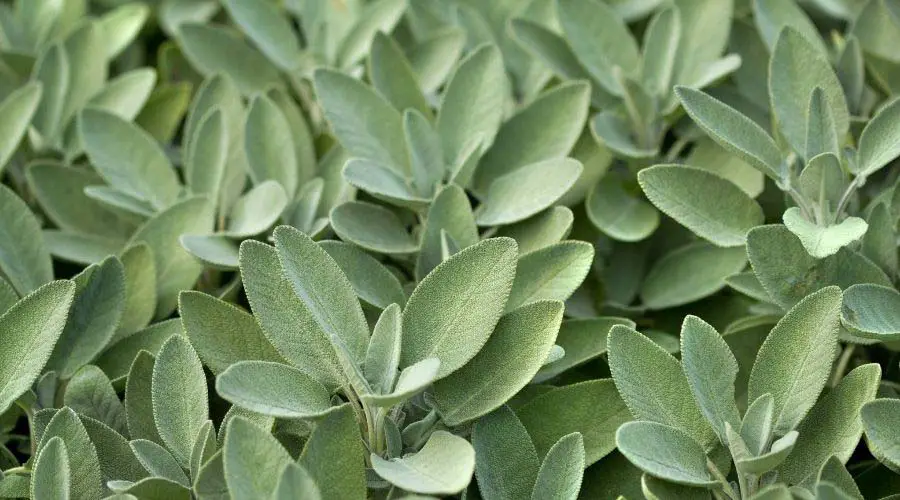
10. Sage
Sage isn’t just a cleansing age isn’t just a cleansing plant for your home. It is also a powerful mosquito repellent. You will have to burn sage to unlock its anti-mosquito power, though.
Sage grows up to 3.5 feet high if it grows in optimum conditions: full sun and well-drained soil.
Grow some sage, and you can make some oil for a powerful anti-tick spray as well. As a bonus, you might have hummingbirds flocking your yard soon.
What Plants Do Mosquitoes Hate the Most?
1. Plants in the Mint Family
The mint family contains various individual medicinal properties. Here are some plants below. Some are mentioned above:
- Catmint
- Horsemint
- Peppermint
- Lemon balm
- Stoneroot
Although their scents may be attractive to humans, they affect insects enough to ward them off.
However, you have to make oil or crush the leaves of these plants to harness their full potential as insecticides and mosquito repellents.
They are primarily hardy plants growing in warmer climates.
2. Lemon Plants
Lemon plants emit a harsh citrus scent that’s bad for mosquitoes. Lemon oil is one of the most potent insect repellents.
Some lemon plants work best as oils rather than just plants. Here are some below:
- Lemongrass
- Lemon-scented geraniums
- Lemon eucalyptus
- Lantana
Some people boil the peels and infuse the oils with alcohols and other potent carrier oils to boost the insecticide potency.
3. Catnip
Yes, THAT catnip. Catnip might be fun for your feline friend, but mosquitoes loath it. It contains Nepetalactone, which is more potent than DEET in keeping mosquitoes away.
Nepetalactone affects pain receptors in mosquitoes. The most potent form of catnip comes in oil and homemade spray.
Catnip doesn’t only work on mosquitoes. It has worked on other insects, too.
4. American Beautyberry
Wine lovers will love American beautyberry. It has deep purple berries that make great wine. Birds love the white flowers and the berries. Unfortunately for mosquitoes, American beautyberry leaves are full of callicarpenal.
American beautyberry is super effective at keeping mosquitoes at bay. Crush the leaves and mix with some dog-friendly oil, then rub on your dog. You will have reduced the likelihood of your dog catching ticks by a considerable margin.
5. Alliums
Garlic and onions are members of the allium genus. Garlic roots are effective at keeping some worms away. The pungent smell from onions and garlic irritates mosquitoes. You can grow alliums in your yard for your cooking. However, crush or blend them for your mosquito repellent.
Spraying the juice works best.
What is the Best Backyard Mosquito Repellent?
1. Thermacell Patio Shield Mosquito Repellent
The Thermacell Patio Shield emits repellent fumes that create a 15-foot protective zone. If you put it near the door leading to the backyard, it works most effectively. It’s a handy device that can go up to 12 hours on a complete cartridge.
You won’t smell a thing. Stock up on refills and let the patio shield keep your backyard mosquito-free for the night.
2. Flowtron Bk-15d Electronic Insect Killer
The Flowtron is a decorative yard light that uses light and Octenol attractant to lure mosquitoes. Its outer grid zaps the mosquitoes. The Flowtron is great for your yard since it’s weatherproof, and it covers over half an acre with its capabilities.
The Flowtron Insect Killer isn’t a mosquito-only product. It is most useful IF you are in a heavily-infested area by mosquitoes. Light attracts many insects, some of which may be beneficial.
If you install this zapper in your yard specifically for mosquitoes, it’s worth knowing there’s going to be collateral damage with it, too.
3. Megacatch Ultra Mosquito Trap
The Megacatch Ultra has to be one of the best backyard mosquito repellents on this list. The Ultra version of it covers up to 1.5 acres or 150 feet. It emits light frequencies to attract mosquitoes. It uses Octenol fragrance strips to lure in mosquitoes.
You will achieve the best results with this machine if you suspend it where the wind is not too strong.
It features Mosquito-Attracting-Stimuli (MAS) settings that might help you deal with specific mosquito breeds.
4. Neem Seed Oil
Neem is a powerful plant whose medicinal and therapeutic benefits go back centuries. Some civilizations used neem as a cleanser during ceremonies.
Scientists also tabled a report showing the effectiveness of neem oil and coconut oil against mosquitoes. The combination was most effective against the malaria-causing mosquito, the anopheles mosquito, at between 96-100%.
Spraying your backyard with cold-pressed neem oil rids your area of all mosquitoes. It also provides a hostile environment for mosquito larvae development. You can apply Neem to the skin for extra protection in the wild.
5. Thermacell Lantern
Thermacell is a common name in mosquito repellent equipment. However, the Thermacell Lantern is a superb idea with a great working principle behind it. See, light attracts mosquitoes. It’s a battery-powered device with two features. It has a repellent mat and a lantern.
The batteries power the lantern that then heats the repellent. The repellent lasts about 4 hours, knocking out mosquitoes and gnats.
The best part is, it doesn’t even have a scent. Hang it as a yard light and give it about 15 minutes to start working.
6. Cutter Backyard Bug Control
Cutter Backyard Bug Control contains lambda-cyhalothrin, a key ingredient in many insecticides. It’s effective against mosquitoes, ants, and other insects in your backyard. It gives you up to 12 weeks of protection per application.
Cutter Backyard Bug Control is a commercial chemical that you spray before the onset of mosquito season. However, you need to ensure your yard doesn’t have any drainage systems with aquatic lives in them.
Do Certain Plants Actually Repel Mosquitoes?
It’s not as black and white as it looks. The existence of mosquito repelling plants doesn’t repel mosquitoes. At least not effectively. You have to use the plants to repel mosquitoes correctly.
The best ways to keep the buzzers from your yard is by extracting oils, burning the leaves, or cutting some of the leaves, crushing them, and spreading them on the ground.
Each method releases the respective active ingredient that keeps mosquitoes away.
The plants can affect mosquitoes if mosquitoes bite the plants and attempt to suck the sap out of them.
How to Make Mosquito Repellent at Home
You can make mosquito repellent at home. However, you’ll need a safe carrier oil, alcohol, and water. For the carrier oils, stock up on coconut oil and olive oil.
| Repellent | Plant oil | Carrier Oil/Liquid | Additional Liquid | Method | Storage |
|---|---|---|---|---|---|
| Lavender Mosquito Repellent | 10-12 drops of lavender oil | 3-4 tablespoons of lemon juice | Water | Shake | Spray bottle |
| Lemongrass & Rosemary Mosquito Repellent | 10 drops of lemongrass oil + 10 drops of rosemary oil | 60 ml olive oil or coconut oil | Boiled water and vodka | Shake | Spray bottle |
| Neem Oil Mosquito Repellent | 10 drops of neem oil | 30 ml of coconut oil | Boiled water and vodka | Shake | Spray bottle |
| Lemon Eucalyptus Mosquito Repellent | 10 ml lemon eucalyptus | 90 ml of olive oil or coconut oil | Distilled water and vodka | Shake | Spray bottle |
- These repellents can work on your skin. However, test them out on a small patch to see if you react badly to them. Otherwise, they are safe for indoor protection against mosquitoes.
- The vodka and water make the oils lighter and easier to spray. The vodka also helps to elevate the dissipation capacity of the oils.
Conclusion
Repeller plants only won’t keep you 100% safe from mosquitoes. Include other proactive methods such as tending to your yard and draining stagnant puddles around your yard.
You can bring personal protection against mosquitoes to your home in small colorful ways. Gardening not only makes your yard more beautiful, but it also gives you yields that calm you and keep your family safe.
Sources


